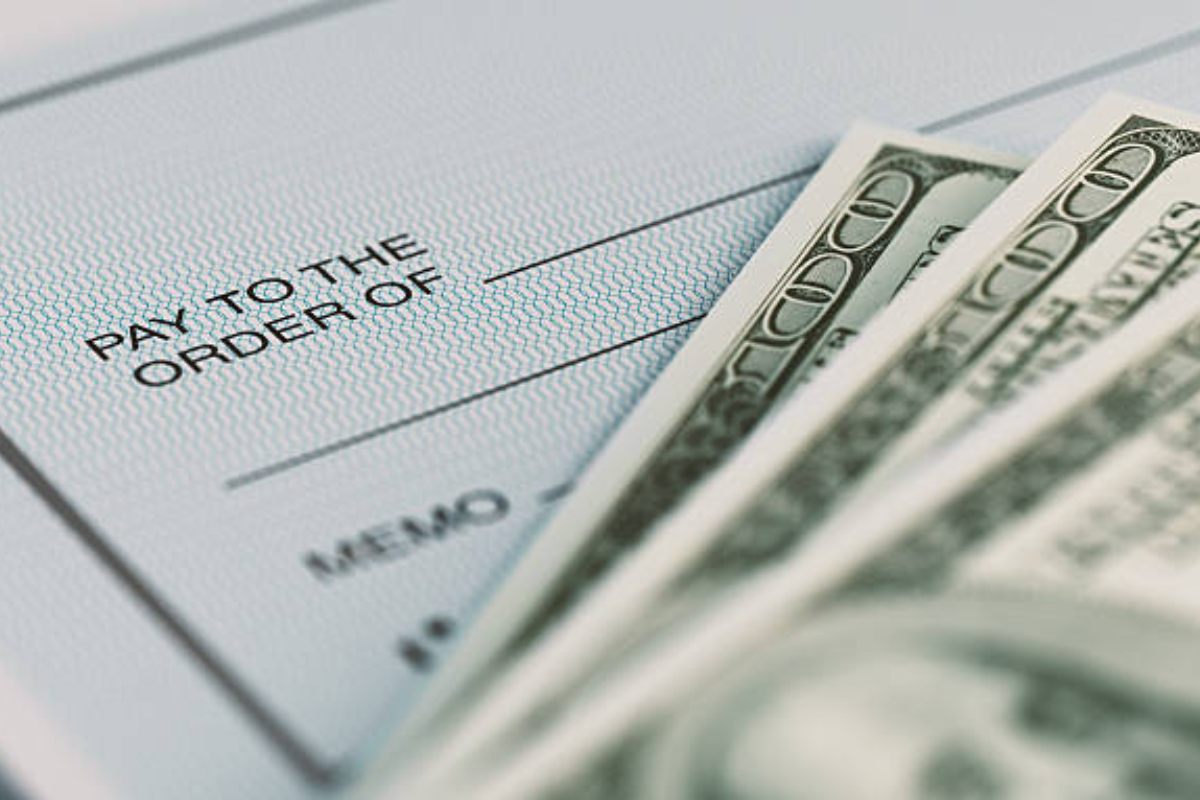Personal vs. Business Checking Account: What’s The Difference

When you think of banking, it’s easy to overlook the differences between personal and business checking accounts. After all, don’t both kinds of accounts provide you with an account number, debit card, and access to your cash?
As it turns out, though, there are several significant differences between these two types of checking accounts. Knowing what they are will help you make the right choice when opening your business checking account.
Here are the main differences between a business checking account and a personal checking account.
Table of Contents
Which Is Better: A Business or Personal Account?
Businesses of all types and structures can open accounts at the bank. However, a sole proprietorship, a limited liability company (LLC), a partnership, or a corporation can open A business checking. Banks may even allow you to open an account even if your business has generated no revenue.
Managing business finances is made easier with a business checking account. This could include, for instance:
- Paying suppliers
- Paying your employees
- Depositing payments from customers
- Making tax payments
- Covering operating expenses
- Making necessary purchases for the business
A personal checking account, however, is designed for personal use. Such services include:
- Depositing your paychecks
- Withdrawing cash at the ATM
- Paying your bills, such as your mortgage or utility bills
- Debit card purchases
- Money transfers to personal savings accounts
- Money transfers to family and friends
Generally, business and personal checking accounts differ because of the way they are used. There are, however, features that a business checking account has that aren’t available with a personal checking account. You can, for instance, benefit from helpful business account features like:
- Bookkeeping integrations
- Payroll processing services
- Debit cards for employees
- merchant services
- Financial advisory services
Businesses can open other accounts, such as business savings accounts and checking accounts. Each of these tools and services can be helpful to a business owner. A business checking account can also differ from a personal checking account in the following ways:
- Fees
- Account opening
- Minimum deposit and balance requirements
For instance, you need to prove ownership of a business before opening a business account. The bank might require your business license, articles of incorporation, or your DBA (“Doing Business As”) documentation.
You may also have to maintain a higher balance for accounts that require a monthly maintenance fee. Also, the fees for business checking accounts may be higher or higher than for personal checking accounts.
What are the Benefits of Using a Business Checking Account Over a Personal Checking Account for Your Business?
You should separate your business’ finances from your personal finances if it involves a separate legal entity from you, such as an LLC or a corporation. So if you’re applying as an LLC or corporation, most banks require you to have a business account.
Having a business checking account isn’t mandatory for sole proprietors. Nevertheless, it can be helpful from a managerial perspective. Some banks also restrict using their personal checking accounts for business transactions.
Summary
Business checking accounts typically have higher monthly fees and balance requirements. They also offer more features, such as financial advisory services and merchant services. Personal checking accounts are generally easier to open and have fewer fees. However, they may not offer all the features that businesses need. When deciding which type of account to open, it is important to consider the needs of your business.

